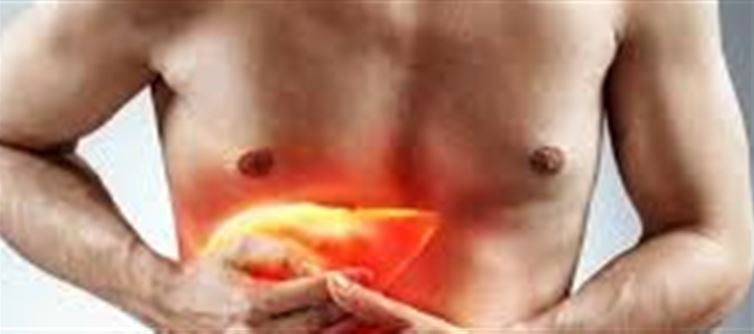
Fatty liver is a silent condition that can quietly damage your liver over time. Often, symptoms appear only when the disease has progressed, making early detection crucial. According to Harvard health experts, here are eight warning signs you should never ignore:
1. Persistent Fatigue
Feeling unusually tired, even after adequate rest, can be an early indicator of fatty liver. When your liver is overburdened with fat, it struggles to efficiently process nutrients and toxins, leaving you drained and sluggish.
2. Abdominal Discomfort or Pain
A dull ache or fullness in the upper right side of your abdomen may signal liver inflammation. This discomfort often goes unnoticed but can become persistent as the condition worsens.
3. Unexplained Weight Gain or Bloating
Sudden weight gain around the midsection or frequent bloating may point to fat accumulation in the liver. This is especially common in people with metabolic syndrome or insulin resistance.
4. Jaundice or Yellowing of Skin and Eyes
Yellowing of the skin or eyes occurs when the liver cannot properly process bilirubin. While it’s a more advanced symptom, any hint of jaundice warrants immediate medical attention.
5. Swelling in Legs and Abdomen
Fluid retention, leading to swelling in the legs or abdominal area, can occur when the liver’s function is impaired. This condition, known as edema or ascites, is a serious red flag.
6. Dark Urine and Pale Stools
Changes in urine or stool color may indicate liver dysfunction. Dark urine and pale stools happen when the liver struggles to metabolize bilirubin, signaling the need for urgent testing.
7. Nausea and Loss of Appetite
Fatty liver can affect digestion, leading to persistent nausea, reduced appetite, or even unintended weight loss. Ignoring these signs may allow the disease to progress unnoticed.
8. Mental Fog or Difficulty Concentrating
Toxins accumulating due to poor liver function can affect brain health, causing forgetfulness, confusion, or difficulty concentrating—a condition called hepatic encephalopathy in severe cases.
Fatty liver may not show dramatic symptoms initially, but recognizing these subtle signs early can make a significant difference. lifestyle changes, a balanced diet, regular exercise, and medical guidance are key to reversing or managing the condition effectively.
Disclaimer:
The views and opinions expressed in this article are those of the author and do not necessarily reflect the official policy or position of any agency, organization, employer, or company. All information provided is for general informational purposes only. While every effort has been made to ensure accuracy, we make no representations or warranties of any kind, express or implied, about the completeness, reliability, or suitability of the information contained herein. Readers are advised to verify facts and seek professional advice where necessary. Any reliance placed on such information is strictly at the reader’s own risk.
.jpg)




 click and follow Indiaherald WhatsApp channel
click and follow Indiaherald WhatsApp channel